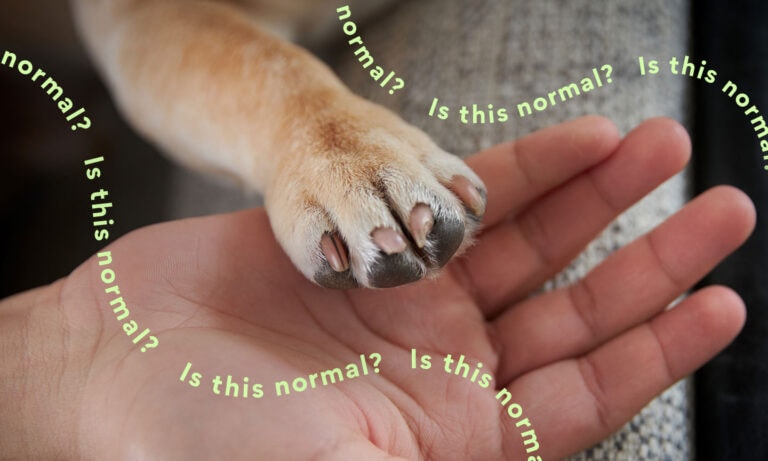Scolding your dog might seem like a quick way to get a behavioral turnaround, but there are many reasons why yelling is never the answer. This aversive treatment has its foundation in traditional training, and while it was once an acceptable part of the training process, we’ve since learned that there are much more dog-friendly ways to bring about change.
Consider your dog’s reaction to scolding—is it making his “bad” behavior go away, or is it actually causing bigger problems? Here are a few reasons why you shouldn’t scold your dog.
It’s Inefficient
Dogs don’t understand English, so going on a tirade might make you feel like you’re getting your point across, but your dog won’t have a clue what you’re barking about. Dogs respond best to short, precise cues that you have trained to have meaning. A string of angry words will just confuse and possibly frighten your dog.
You should also consider how frequently you’re resorting to yelling at your best friend. Clearly there’s a training problem if the primary way you communicate with him is screaming. A better use of your time and energy is teaching your dog the right behaviors, and managing his environment (for example, putting the garbage can out of reach so he can’t tip it over) instead of punishing him for making the wrong choices.
It Creates Confusion
If you come home to a puddle or a pile, your first instinct might be to scold your dog for it. The problem with this approach (aside from the fact that it’s unkind) is that your dog won’t associate the punishment with the crime. Sure, your dog will probably give you the appropriate appeasement postures when you shout at him – hunched shoulders, tailed tucked, eyes downcast – but your dog is reacting to your anger in that moment. It’s not “shame” or acknowledgement of wrongdoing, your dog’s behavior is actually an attempt to placate you and calm you down.
When it comes to training, good timing is critical, and yelling at your dog hours after the incident is the very definition of bad timing. The closest you can come to a reprimand for potty mistakes is to catch your dog in the act and interrupt him with a sharp “Ah ah!” Then get him outside to finish the job, with no further commentary other than praise for finishing up outside.
It Causes Training Problems
Perhaps your strategy for dealing with a dog that jumps on guests is to yell at him when he does it. Yelling at your dog might momentarily suppress his reaction, but does it teach him what to do instead? Absolutely not. Scolding your dog might feel good for you (it’s rewarding to blow off steam when our dogs are making us angry), and might give the illusion that your dog is going to stop the behavior, but the truth is the scenario will probably just repeat itself every time you have guests over.
To bring about behavioral change, you can’t just suppress your dog’s reactions, you need to teach him an alternate behavior that he can perform instead of the behavior you don’t like. The jumping dog could be taught to sit instead, or retreat to his bed when people visit.
It Increases Fearfulness
Some dogs flourish no matter how rough their handling, while others have more delicate constitutions and are unable to withstand even an angry look. Yelling isn’t a viable strategy for any dog, no matter how resilient he might seem, but sensitive dogs in particular can experience troubling training setbacks when scolded, like submissive urination. Some delicate dogs become virtually helpless when dealing with a yelling pet parent, and cease to offer any behavior for fear of bringing on another tirade. These dogs realize the futility of action because it usually results in getting reprimanded, and instead shut down in fear.
It Encourages Bad Behavior
You might think that yelling at your dog when he’s barking is a way to stop the behavior, but your dog might interpret your noise as a welcome addition to his cacophony. Again, dogs don’t speak English, so shouting, “Fido, knock it off! Quit barking!” isn’t going to convey what you hope. A better strategy is to pinpoint the cause of your dog’s barking (Is it territorial? Attention seeking?) and take the appropriate steps to treat it.
It can be challenging to break a scolding habit, but your bond with your dog will improve if you address the source of the problem instead of the symptoms.

Victoria Schade is a dog trainer, author & speaker who has contributed to The Washington Post, Martha Stewart, and other publications.
Share:









